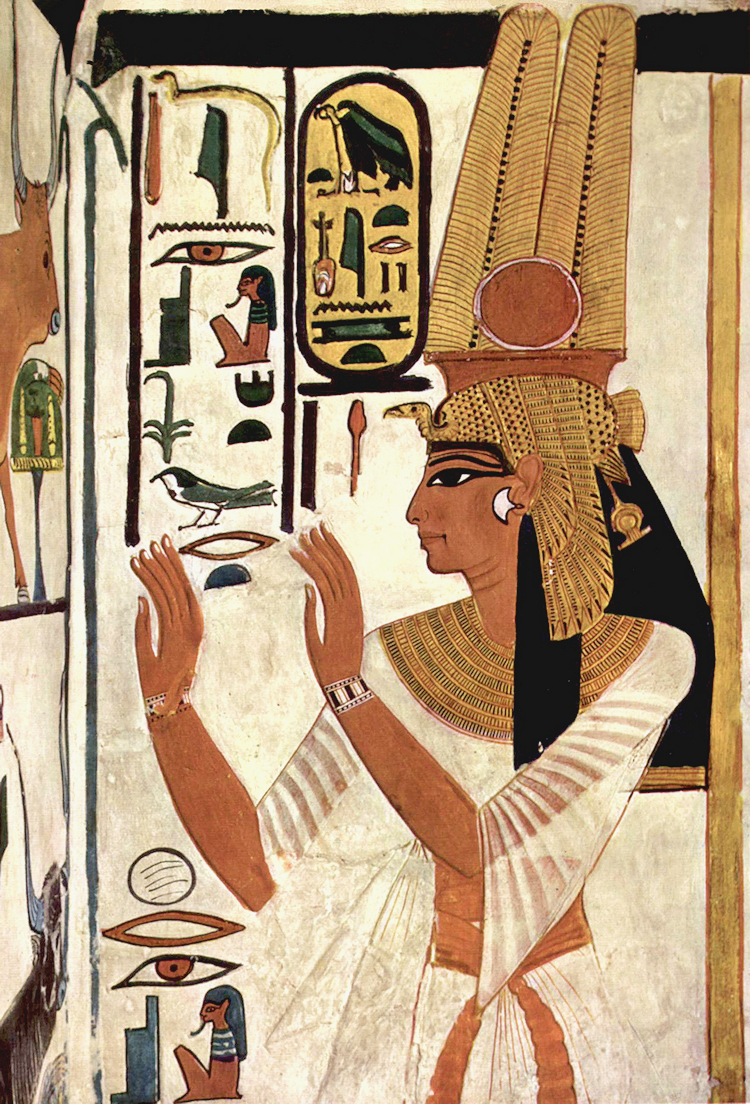The only other shred of information I've managed to gather is that the photograph's setting is the library at Osterley Park.
*
Already an update! Thanks to the generous attention of an intrepid reader of this blog, I now know that the photograph was taken to be included in an article in the August 1948 issue of British Vogue, and the previously opaque reference on the NPG's site - "Time's Glass - Age of Experience" - has been deciphered. "Time's Glass" was the title of the article, and "Age of Experience" the title of the specific image. My kind reader also related that there seemed to be a companion photograph on a preceding page entitled "Age of Elegance", but neither of us have been able to find an image of it. An original copy of the pertinent issue is currently for sale on Ebay - for ₤225.00! - and the seller included this tantalizing/frustrating glimpse of the image in context.
 |
| It really would have been nice to be able to read the entire description.... |








.png)
%20from%20the%20Camp-Stool%20fresco,%20c.1350%20B.C.E.,%20western%20wing%20of%20the%20palace%20at%20Knossos,%20buon%20fresco,.png)


,%20the%20YouWe%20painting.png)






















%201842%20-%201922Portr%C3%A4tt%20av%20Ung%20Kvinna%20i%20profil%20(Portrait%20of%20Young%20Woman%20in%20profile.png)






%20Profile%20of%20a%20Nubian%20Girl,%20before%201905.png)








